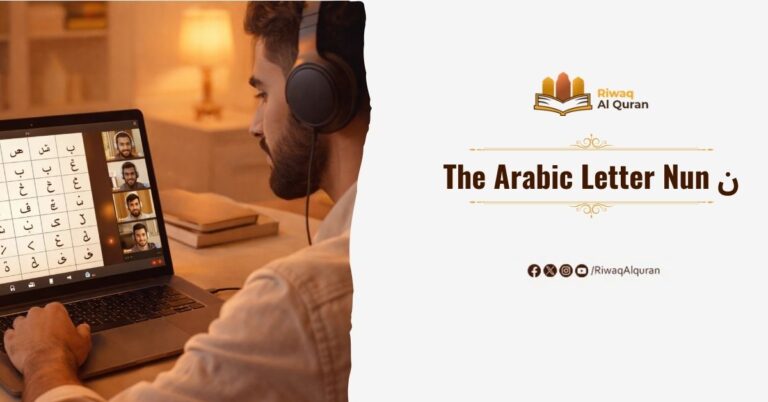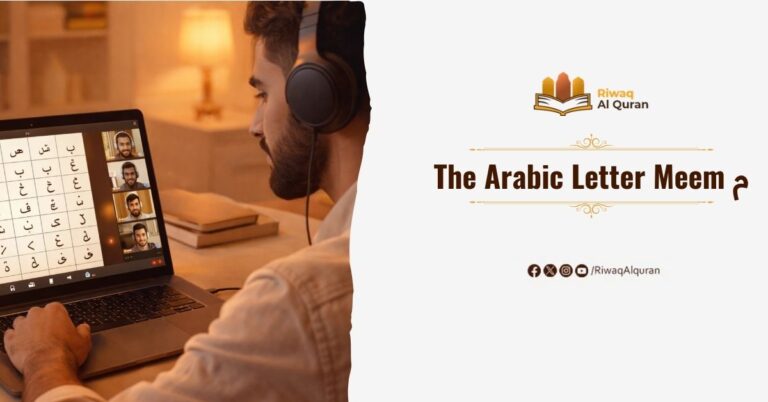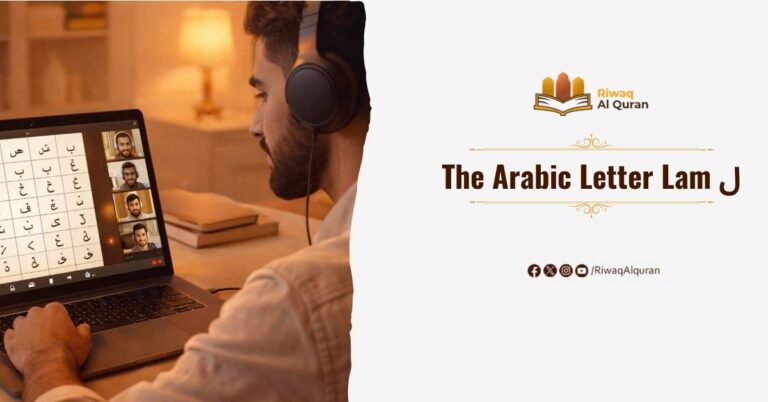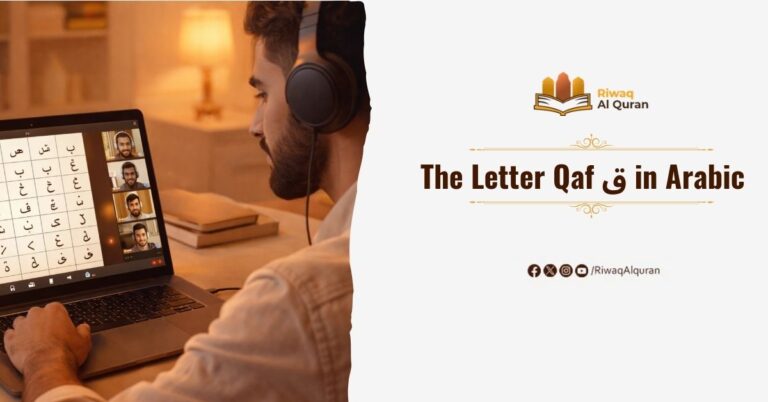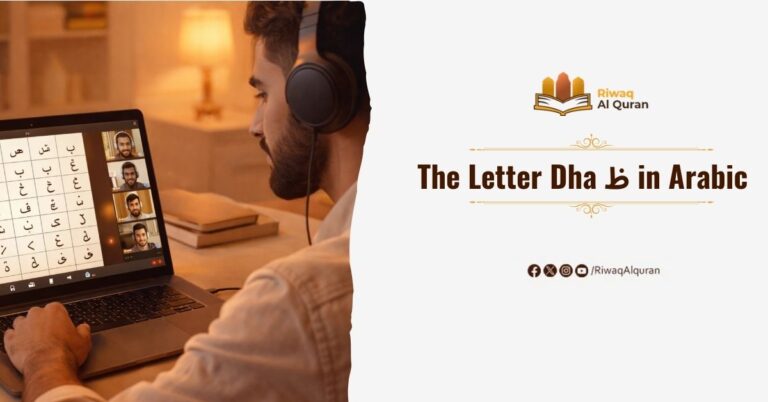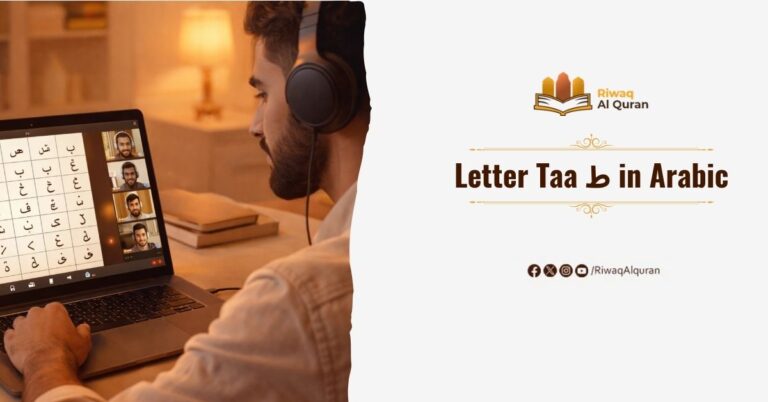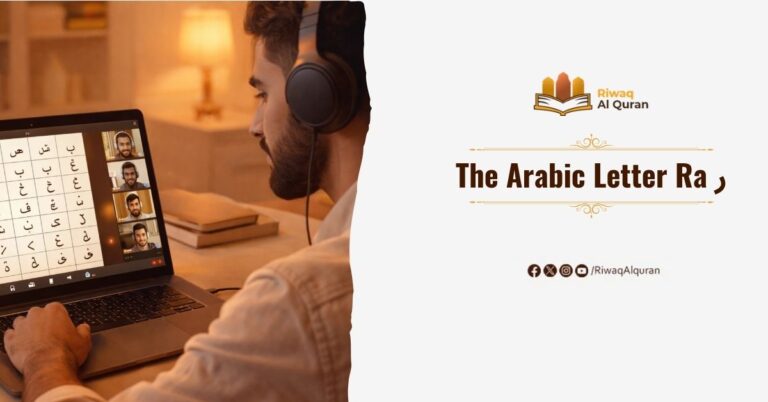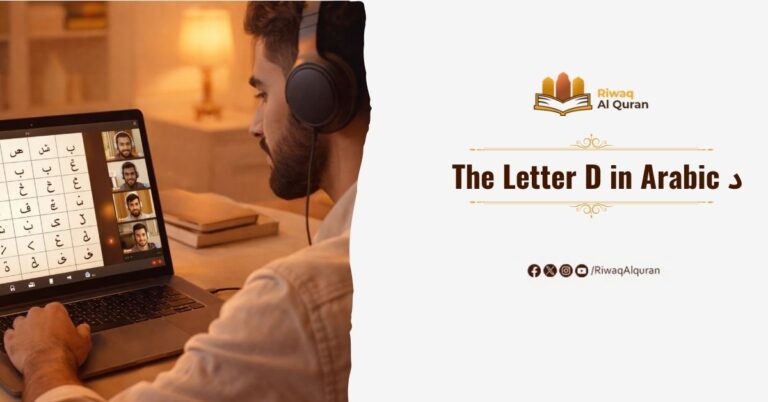Are you curious about Ramadan coming? Do you know anything about the social benefits of fasting in Ramadan and the other moral and spiritual benefits? Indeed, it is time to know the importance of fasting in Islam in detail so as to get spiritually prepared for such a blessed month and make the most of it.
Fasting during Ramadan brings various social, moral, spiritual, psychological, and health benefits to individuals and society as a whole. Socially, fasting strengthens bonds through communal meals and encourages empathy for the less fortunate. Morally, it promotes virtuous behavior and fosters a heightened awareness of one’s actions.
Spiritually, fasting facilitates forgiveness of sins, enhances one’s relationship with Allah, and creates a balance between body and soul. Psychologically, it instills a sense of joy and fulfillment, while physically, it promotes detoxification and overall well-being. Embracing these multifaceted benefits of Ramadan fasting contributes to a holistic approach to personal and communal growth.
Table of Contents
Top Benefits of Fasting in Ramadan
Fasting in Ramadan brings profound benefits: it nurtures spiritual growth and strengthens one’s bond with Allah through worship and self-discipline. It fosters resilience, patience, and self-control by resisting cravings and negative behaviors. Physically, fasting aids detoxification, enhances metabolism, and promotes better health. Social bonds flourish as families and communities unite over shared meals and prayers, while empathy for the less fortunate inspires greater charity and compassion.
1. Spiritual Renewal and Closer Connection to Allah
Fasting in Ramadan fosters spiritual growth and devotion. It provides an opportunity for Muslims to increase acts of worship, including prayers, Quran recitation, and Dhikr. By abstaining from food, drink, and negative behaviors, individuals develop stronger self-discipline and gratitude, which deepens their relationship with Allah.
2. Improved Self-Discipline and Patience
The structured routine of Ramadan teaches self-restraint and patience. From sunrise to sunset, Muslims refrain from eating, drinking, and engaging in harmful behaviors. This helps develop a strong sense of control over desires, which often translates to healthier decision-making even after Ramadan ends.
3. Detoxification and Health Benefits
Fasting gives the digestive system a much-needed break. Studies suggest that fasting can help:
- Boost metabolism and fat-burning processes.
- Lower blood sugar and cholesterol levels.
- Improve gut health and cellular repair mechanisms. The process helps the body naturally detoxify itself, improving overall physical health.
4. Strengthening Social Bonds and Community Spirit
Ramadan is a time for unity and communal activities. Families and friends come together for Iftar and Suhoor meals. Mosques and community centers often host events, including nightly Taraweeh prayers. This shared experience reinforces social connections and strengthens the sense of belonging within the Muslim community.
5. Fostering Empathy and Charity
Experiencing hunger firsthand during the fast fosters empathy for those who suffer from food insecurity. As a result, Muslims are encouraged to give generously to charity (Zakat and Sadaqah). Acts of kindness and charity become more prevalent during Ramadan, promoting compassion and social responsibility.
6. Attaining Taqwa (God-Consciousness)
Fasting in Ramadan is a path to achieving Taqwa, as highlighted in the Quran:
“O you who have believed, decreed upon you is fasting… that you may become righteous.” (Surah Al-Baqarah, 2:183)
Constantly being aware of Allah’s presence and observing His commandments, fasting nurtures God-consciousness, leading Muslims to avoid sins, purify intentions, and strengthen their faith.
7. Mind and Soul Detoxification
Just as fasting cleanses the body, it also detoxifies the mind and soul. Abstaining from negative habits like gossiping, arguing, and wasting time creates a state of mindfulness and inner peace. It encourages the development of positive thought patterns, promoting patience, gratitude, and humility.
8. Heightened Spiritual Productivity and Reflection
The focus during Ramadan shifts from material pursuits to spiritual enrichment. The Quran, revealed during Ramadan, takes center stage, with increased recitation and reflection.
- Night prayers (Taraweeh) offer an intense spiritual experience.
- Reflection during Suhoor and Iftar times often leads to greater self-awareness and a renewed life purpose.
9. Building Resilience and Emotional Strength
Fasting tests both physical endurance and emotional resilience. The struggle against hunger, thirst, and fatigue helps build mental strength and adaptability. These traits are crucial for overcoming life’s challenges with grace and perseverance.
10. Breaking Material Attachment and Cultivating Gratitude
Fasting reminds individuals of the simplicity of life and helps break attachments to material comforts. Each morsel at Iftar feels like a divine blessing, fostering a renewed appreciation for Allah’s countless favors.
This gratitude often extends beyond Ramadan, transforming perspectives on wealth and worldly possessions.
Experience Riwaq Al Quran Classes
Watch real moments from our live sessions at Riwaq Al Quran and see how we bring learning to life. These clips highlight our interactive, student-focused approach designed to keep learners engaged, motivated, and actively involved in every step of their educational journey.
Social Benefits of Fasting in Ramadan
As Islam is a perfect religion, its instructions have a vital effect on all levels of Muslims’ life. Thus, what are the social benefits of fasting in Islam? In other words, what are the benefits of fasting for society?
Strengthening Social Ties
It’s recommended for Muslims to offer Iftar (the meal for breaking fasting after the Sunset) for other Muslims.
Prophet Muhammad (PBUH) says: “Whoever gives Iftar to one who is fasting will have a reward like his, without that detracting from the fasting person’s reward in the slightest.” [Ibn Majah]
Do not forget to contact your relatives and friends to wish them a happy Ramadan. Here are some simple ways to express Ramadan wishes in Arabic
Increasing Sympathy for the Poor
One of the other social benefits of fasting in Ramadan is to experience the feelings of others. Thus, you can sympathize with the poor, help them, and be grateful to Allah for His favor on you.
Having Solidarity Spirit
As the devils are chained up in Ramadan, Muslims are ready to exert more effort to help others in this month. Also, as the reward doubles in Ramadan, we hurry to serve our society. For sure, this is recommended in general but in Ramadan, it is highly recommended since the reward is doubled.
Moral Benefits of Fasting in Ramadan
Besides the social benefits of fasting in Ramadan, there are many moral fasting during Ramadan benefits. To begin with, morals have a high rank in Islam in general and in Ramadan in specific.
Prophet Muhammad (PBUH) says: “If anyone relieves a Muslim believer from one of the hardships of this worldly life, Allah will relieve him of one of the hardships of the Day of Resurrection. If anyone makes it easy for the one who is indebted to him (while finding it difficult to repay), Allah will make it easy for him in this worldly life and in the Hereafter, and if anyone conceals the faults of a Muslim, Allah will conceal his faults in this world and in the Hereafter. Allah helps His slave as long as he helps his brother.” [Muslim]
Also, Ramadan helps Muslims to increase the level of alert in their deeds and transactions. Al Ghazali, a Muslim scholar, said: fasting is of three degrees: the fast of the common folk, that of the elite, and that of the elite of the elite:
- The fast of the common folk is to refrain from food and drink and sexual desires.
- The fast of the common folk is to refrain from food and drink and sexual desires.
- The fast of the elite is to restrain the hearing, sight, tongue, hand, and other physical faculties from committing sin.
The super-elite one means to stop backbiting, malicious gossip, lying and other Haram acts. As for the fast of the elite is when one frees oneself from unworthy concerns and worldly thoughts and committing sin in Ramadan, and refrains from thinking of everything except Allah, may He be glorified and exalted.
Spiritual and Psychological Benefits of Fasting Ramadan
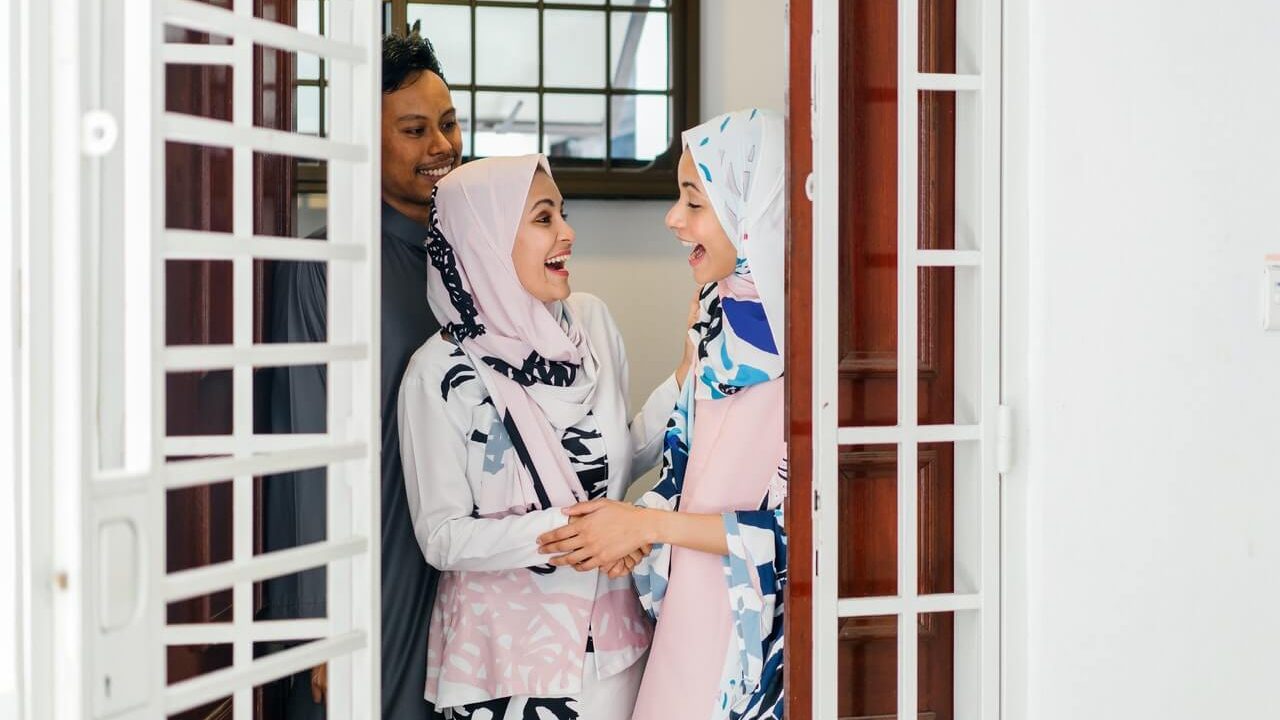
As for the spiritual benefits of sawm, they are a lot as Muslims feel highly spirited in Ramadan for many reasons:
Forgiveness of Sins
The first one is that Allah has made fasting Ramadan and spending its nights in prayer out of faith and in the hope of rewarding a means of forgiveness of sins.
Prophet Muhammad (PBUH) says: “Whoever spends the nights of Ramadan in prayer out of faith and in the hope of reward, his previous sins will be forgiven.” [Nasa’i]
Moreover, fasting Ramadan is a means of expiation for the sins committed since the previous Ramadan, so long as one avoids major sins.
Progress the Relationship with Allah
Another one of the numerous Ramadan fasting benefits is to develop a more meaningful relationship with Allah SWT. Indeed, sins are the burden that refrains the Muslim from progress in his relation with Allah. Thus, the forgiveness of sins means to free the Muslim to come closer to his Creator.
Balance between Body and Soul
The third reason is that man is a mixture between body and soul. When he exceeds in fulfilling the needs of his body over his soul, he spoils this soul. Thus, it is Allah’s Mercy to guide man to the way of his true happiness and salvation through making the balance needed between the body and the soul.
Since the advantages of fasting and prayer are numerous, here is an organized Ramadan prayer guide.
Changes in the Universe
By the coming of Ramadan, many changes happen in the universe helping in motivating the soul of the Muslim.
Prophet Muhammad (PBUH) says: “When Ramadan comes, the gates of Paradise are opened and the gates of Hell are closed, and the devils are chained up.” [Bukhari]
Allah Promise of Joy
One of the special Ramadan fast benefits is the present that Allah promises to offer to the fasting Muslim.
Prophet Muhammad (PBUH) says: “ There are two joys for the fasting person: the joy when he breaks his fast, and the joy of when he meets his Lord.” [Bukhari]


Health Benefits of Fasting in Ramadan

the Health benefits of fasting in Ramadan goes without saying that Ramadan can greatly boost your well-being and health if done properly. For example, it cleanses your body of harmful toxins and helps you lead a healthier lifestyle.
As well as the health benefits of fasting in Ramadan, there are also many religious ones. And although it is better to consider all the moral, spiritual, and social benefits of fasting during Ramadan. One of the main religious benefits of fasting in Ramadan is to fulfill Taqwa; the fear of Allah, as well as submission to Allah.
Since Ramadan is the month of the Quran, make the most of the blessed month and check our special Ramadan Quran reading schedule to finish reading the entire Quran in Ramadan.
Valid Exemptions for not Fasting in Ramadan
After talking about the advantages of fasting in Islam, let’s now talk about the valid exemptions for not fasting. The main reasons for breaking fasting in Ramadan are sickness, pregnancy, breastfeeding (in specific cases), traveling, menstruation period for women… etc.
For the sick person, it is a condition to fear that fasting may make his sickness worse or that it will slow down his recovery or damage a part of his body. As for pregnancy and breastfeeding, breaking fasting is allowed on the condition that they think there is a risk that they or their children may become ill or more ill, or be harmed, or may die.
Reward of Fasting during Pregnancy
As mentioned before, Islam gives permission for breastfeeding and pregnant women not to fast during Ramadan if they fear that it will harm their health condition or their babies’ health. So, we recommend asking for the opinion of the doctor first before Ramadan starts.
It is narrated under the authority of Amirul Mu’minin, Abu Hafs ‘Umar bin al-Khattab who said:
I heard the Messenger of Allah (ﷺ) say: “Actions are (judged) by motives (niyyah), so each man will have what he intended. Thus, he whose migration (hijrah) was to Allah and His Messenger, his migration is to Allah and His Messenger…”
Read the Quran in 30 Days Schedule
One of the most frequently asked questions about the Ramadan Quran schedule is how to make a proper reading schedule and how to finish Quran in Ramadan in an organized and simple way.
The best way to complete it is to set a daily target and create a Ramadan Quran reading schedule. When you create an organized Ramadan Quran reading schedule, it will help you stay in the flow and finish the whole Quran recitation during Ramadan. Here is a simple and organized one:
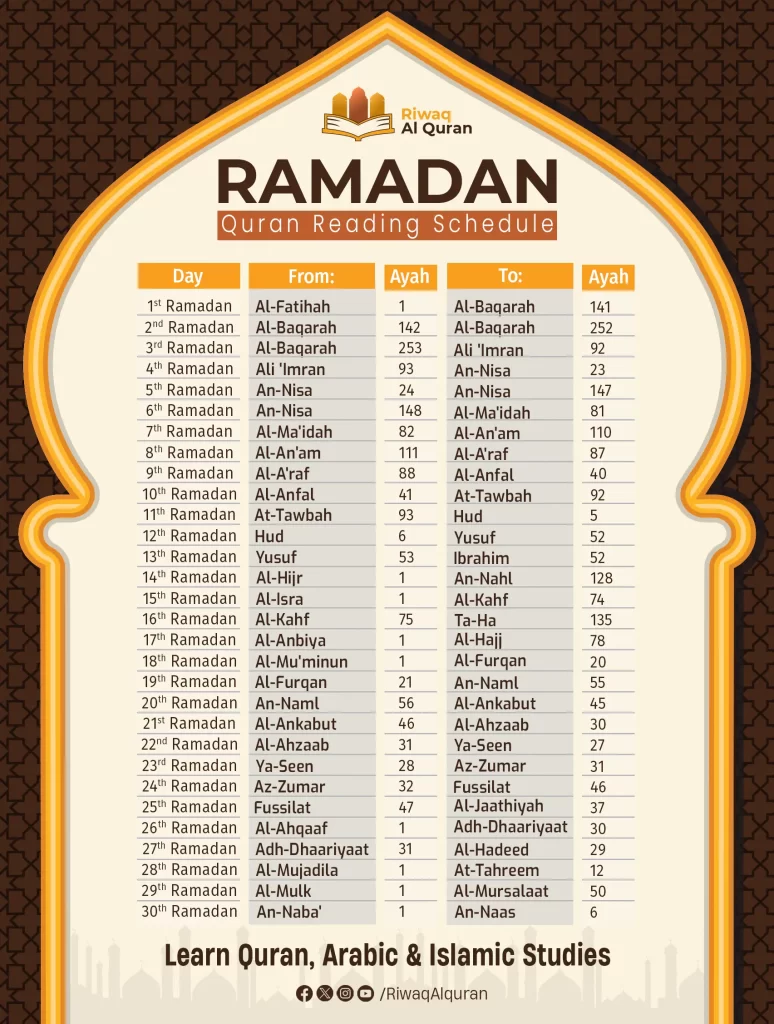
Learn Quran, Arabic And Islamic Studies Online With The Best Native Tutors
Riwaq Al Quran is a comprehensive online platform that offers personalized Quran, Arabic and Islamic Studies Online classes for individuals of all ages and backgrounds.
Their experienced instructors use a structured curriculum to cover Tajweed, Tafsir, and Memorization, providing easy and effective access to learning the Quran.
The advanced online classes allow for seamless communication and interaction between students and teachers. Join Riwaq Al Quran for a deeper connection with the Quran.
We offer several courses such as:
- Online courses for kids.
- Online Quran classes for kids and adults.
- Online Arabic courses
- Online Ijazah courses
- Online Islamic Studies courses.
Why Students Love Learning with Riwaq Al Quran
Hear directly from our students about how Riwaq Al Quran Academy has transformed their connection with the Book of Allah. Their experiences reflect the dedication, care, and quality that guide every step of our teaching.
Ramadan Is the Month of the Quran
Ramadan fasting offers a comprehensive array of benefits spanning social, moral, spiritual, psychological, and physical dimensions. By engaging in fasting, individuals not only strengthen their relationships with Allah but also foster a sense of unity and empathy within their communities. Moreover, fasting serves as a catalyst for moral refinement, spiritual enlightenment, and physical rejuvenation.
Embracing the diverse benefits of Ramadan fasting underscores its profound significance in promoting individual well-being and societal harmony. As Muslims observe this sacred practice, they embody the essence of self-discipline, compassion, and devotion, thereby enriching both their personal lives and the broader community.
Finally, when Allah identifies Ramadan in the Quran, He says:
“The month of Ramadan [is that] in which was revealed the Quran, a guidance for the people and clear proofs of guidance and criterion…” [Al-Baqarah 185]
Thus, what is your goal this Ramadan to come closer to the Quran? Join Online Quran Tafseer Course to help you to understand and reflect on the meanings of the matchless book of Allah and start this rewarding endeavor now!


Conclusion:
Ramadan fasting offers a multifaceted range of benefits that enrich the individual and the community alike. Socially, it fosters unity as families and friends gather for communal meals, while also inspiring empathy for the less fortunate. Morally, it encourages virtuous behavior and strengthens self-awareness, guiding individuals towards positive actions. Spiritually, fasting nurtures a deeper connection with Allah, promotes forgiveness, and enhances mindfulness. Psychologically, it instills a sense of peace and fulfillment, while physically, it supports detoxification and boosts overall health.
Beyond these, Ramadan fasting enhances personal growth by promoting resilience and balance between the body and soul. It inspires reflection, leading to a greater understanding of one’s purpose and closer relationship with Allah. Fasting also encourages charitable acts and community support, reinforcing the values of empathy and solidarity. As the Quran reveals, Ramadan is a time of guidance and transformation, where the soul is purified, and the body finds rejuvenation, marking it as a deeply transformative experience for all Muslims.



























